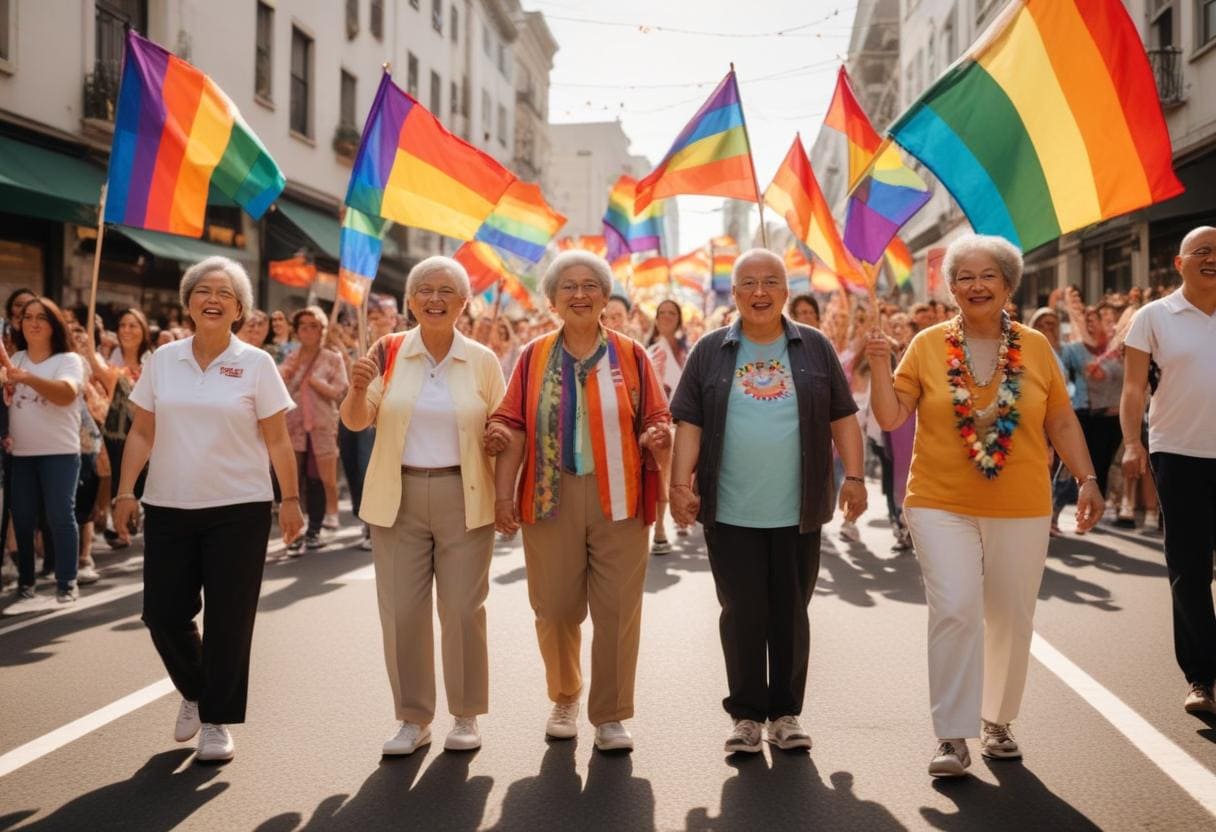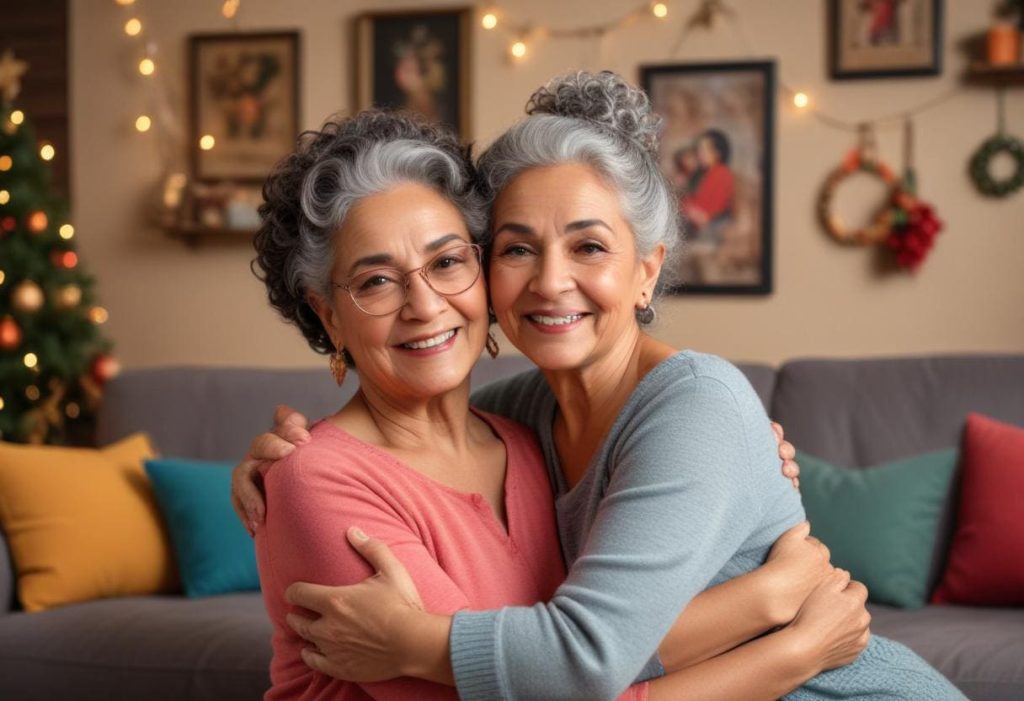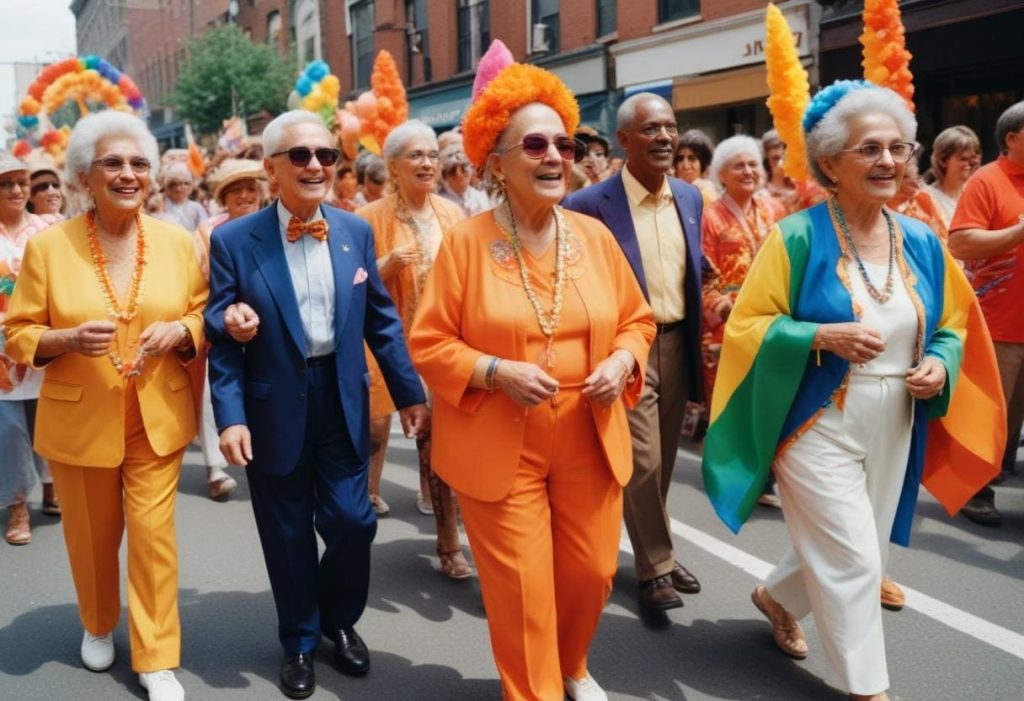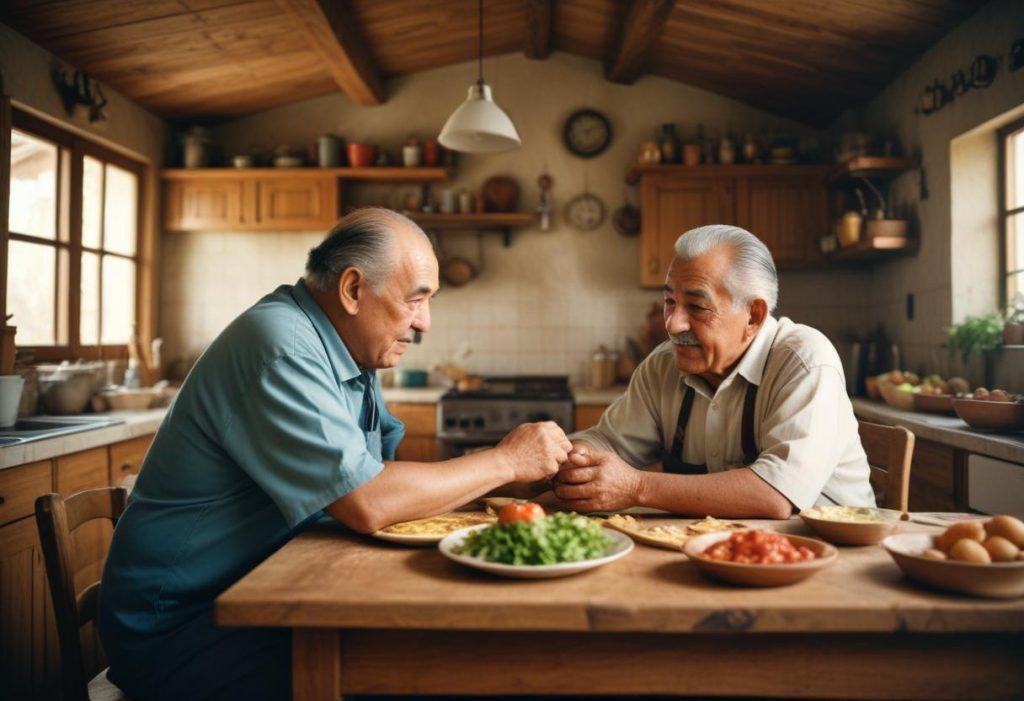
In the evolving landscape of senior care, embracing diversity and inclusivity is more critical than ever. As a professional care consultant specializing in gerontological and palliative care, I’ve dedicated my career to ensuring that every senior receives the compassionate, personalized care they deserve. This journey has brought me face-to-face with many challenges, none more pressing than those faced by 2SLGBTQ+ seniors.

2SLGBTQ+ seniors often face unique challenges that stem from a lifetime of societal marginalization. Many have endured decades of discrimination, significantly impacting their physical and mental health. According to a report by Egale Canada, many 2SLGBTQ+ seniors have faced lifelong stigma and discrimination, leading to increased isolation and mental health issues in later life. These seniors are more likely to live alone, have fewer children, and lack the traditional family support structures that many others rely on as they age. Consequently, they may enter the senior care system with a higher level of need and fewer resources to meet those needs. The Canadian Institutes of Health Research (CIHR) report that 2SLGBTQ+ seniors are more likely to experience higher rates of depression, anxiety, and other mental health challenges compared to their heterosexual counterparts.
One of the most profound lessons I’ve learned is that families come in all shapes and sizes. For 2SLGBTQ+ seniors, families might include long-term same-sex partners, close friends, or chosen families composed of individuals who provide the support that biological relatives might not. These diverse family structures can sometimes complicate the caregiving landscape. Research by the University of Toronto highlights the importance of recognizing chosen families in the care of 2SLGBTQ+ seniors, emphasizing that such recognition can significantly impact the quality of care and emotional support these seniors receive.
Legal recognition of relationships can be a hurdle, especially in healthcare settings where next-of-kin decisions are crucial. Ensuring that these diverse family structures are respected and involved in the care process is not just a matter of policy but of deep personal commitment. Despite strides toward greater acceptance, many 2SLGBTQ+ seniors still fear discrimination from caregivers and fellow residents. This fear can lead to reluctance in seeking necessary care or disclosing their sexual orientation or gender identity, resulting in inadequate or inappropriate care.

To combat this, I advocate for comprehensive training programs for caregivers. These programs must go beyond basic sensitivity training and delve into the specific needs and experiences of 2SLGBTQ+ seniors. Care facilities should strive to create environments where all seniors feel safe and respected, regardless of their background. A study conducted by Rainbow Health Ontario found that training healthcare providers in 2SLGBTQ+ cultural competency significantly improved the care experiences of 2SLGBTQ+ seniors.
2SLGBTQ+ seniors face significant health disparities. Studies have shown that they are more likely to experience chronic conditions, mental health issues, and disabilities. Moreover, the lifetime of discrimination many have faced often results in mistrust of healthcare providers, further complicating their access to care. For these reasons, it’s crucial that care providers understand and address these disparities. This involves not only providing equitable care but also building trust and ensuring that 2SLGBTQ+ seniors feel seen, heard, and valued.

Inclusive policies can make a world of difference in the lives of 2SLGBTQ+ seniors. This includes advocating for anti-discrimination laws, ensuring equal access to healthcare, and pushing for recognition of diverse family structures in caregiving and legal contexts. Policy advocacy is another critical aspect of my work. It is vital to ensure that healthcare systems are inclusive and equitable, providing necessary support and resources for 2SLGBTQ+ seniors.
On a personal level, working with 2SLGBTQ+ seniors has been both a privilege and a call to action. Their stories of resilience and courage inspire me to fight for a more inclusive and compassionate care system. It is not enough to provide care; we must provide care that acknowledges and respects the full identities of those we serve. The challenges faced by 2SLGBTQ+ seniors in our care system are significant but not insurmountable. By embracing diversity in family structures and care needs, fostering inclusive environments, and advocating for equitable policies, we can ensure that all seniors receive the dignity and respect they deserve.
Embracing diversity in 2SLGBTQ+ senior care is not just a professional obligation—it is a moral imperative. Together, let’s build a future where every senior, regardless of their background, can age with grace, dignity, and the love and support of a community that truly cares.
Connect with us! Follow us on social media for the latest news, content, and exclusive promotions. Join our community and stay informed about gerontological and palliative care.